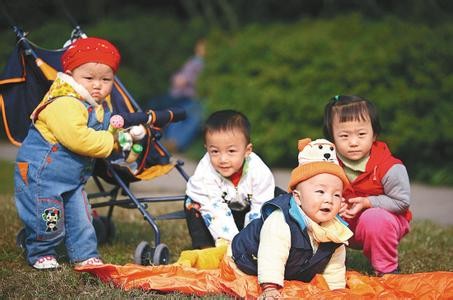Monday marked the beginning of the sixth meeting of the 12th National People’s Congress (NPC) Standing Committee.
The meetings, which are scheduled to run to Dec 28 will function to discuss a range of laws, amendments, draft resolutions and policy recommendations. One of the main issues up for consideration is the introduction of a new limited two-child family planning policy.
The two-child policy was originally proposed during the Third Plenum of the Eighteenth Party Congress last November. NPC Standing Committee discussions this week will consider whether or not the full congress should endorse the policy and adjust the national family planning regime.
Under China’s existing current one-child policy, which was passed in 1979, as a means to control China’s exploding population, most couples are allowed to have only one child. Couples who refused or failed to obey the policy requirements were fined. One important exception to the rule allows any couple in which both parents were single children to have two children. In another exception, under certain circumstances, if the first child is a girl, couples are allowed to have a second child.
Under the new two-child policy, couples would be allowed to have two children if one parent is the only child. The policy, which was submitted to the NPC Standing Committee by the State Council at the end of Third Plenum, will reportedly address China’s steadily declining population. According to reports, over the last few years, China’s population of working-aged individuals has decreased by over 3 million per year and unless that decline is not reversed, that number stands to increase to 8 million per year by 2023.
The NPC Standing Committee will also consider the best method to implement a change in policy if the new reform is endorsed. According to the recommendations submitted by the State Council with the policy proposal, the most effective way for implementation would be for the standing committee of each provincial people’s congress to amend the relevant laws within their jurisdictions to reflect the changes made to the national policy.



























